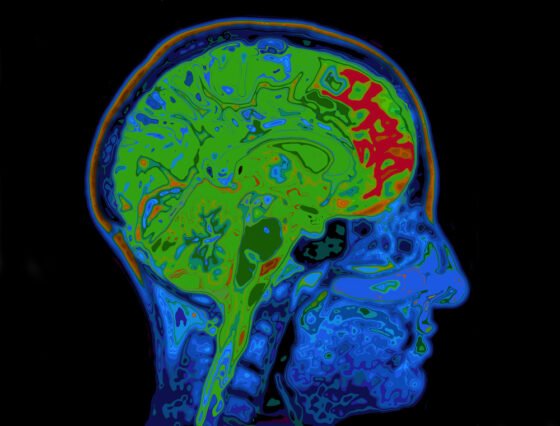By David Stephen
Sedona, AZ — Which is more important, mind or life? One can argue that life is as useful as it can support the mind—effectively. How important is the mind? The mind is as exceptional as the quality of intelligence it bears. This is the distinction of humanity among species.
How does intelligence work? It is the distinction of relays across memory areas. Simply, intelligence is the specificity with which memories are obtained across several locations within the mind.
Several people can do calculations—some fast, others slow—in their minds, but any calculation that is possible within a timeframe is the result of the ability to move around memory areas—taking, using, keeping and returning.
This navigation is theorized to be the basis for intelligence. To know how human intelligence works is to define the pathways across memory areas.
There is a general assumption that advances in human society are due to trying new things. This is true, to some extent. However, the ability to try something in another way [creativity or innovation] is a result of a different traverse in one’s mind from others, even when the same memory is present.
Simply, given the same memory to multiple people, for some, it may arrive through a certain route, for others, it may get somewhere before the next, and so forth. These differences may lead to different insights. It is similar to recalling an event from memory, where there may not be exactness, but that relays give similarities—to the original. Rote memorization is a relay for the ability to pick up—in the same sequence—for what is going into memory. Relays in the human mind are impaired—when infirm or sleep deprived. Relays are sometimes also unlocked, during exercise. Conceptually, stimulants induce relays while sedatives inhibit them.
Relays across memory make humans special. Although several non-human organisms also have relays, their intelligence does not compare to humans. They are embodied and in habitats—without advanced language and limb dexterity—yet their memories do not have the kinds of relays in human memory to let them make the best of their habitats. Animals disprove that the availability of memory is enough for intelligence since they have similar functions [sight, smell, auditory, taste, touch, balance and movement] interpreted as memory, like humans, yet they do less with what they have. This refutes any existing theory of human intelligence based on memory location or availability. It also questions assumptions that for artificial intelligence [AI] to be smarter, it needs some embodiment.
Human intelligence is unique but may already be exposed by large language models [LLMs]. If you give anything memory and give it the ability to have relays across memory areas, that thing would have intelligence. Depending on the kind of memory you give it, it may be good at certain stuff, but if the relay is excellent, it would maximize that memory—no matter how minuscule. This is a description of digital memory and intelligence.
AI is not embodied. It has no real world experience. But it has an excellent grade of prediction that some of its outputs can match human intelligence. If it gets more relays, some of its weaknesses would be corrected. And if it gets qualifiers [aside memory], like intent or subjectivity, which could be possible by non-concept features [or artificial neurons that do not represent specific things or meanings], it could get better.
AI safety, alignment, governance and regulations are preliminary questions of how human intelligence works. First, to identify all the possible relays in the human mind, including those responsible for morals and consequences, towards understanding how society, so far, is fairly safe. Then to start defining possibilities for artificial superintelligence or artificial general intelligence, by the relays that it might have, how it would emerge and how safety or alignment can be modeled for or against relays. Relays may also project how and why AI might be misused, preparing against those outcomes.






1 Comment
“They are embodied and in habitats—without advanced language and limb dexterity—yet their memories do not have the kinds of relays in human memory to let them make the best of their habitats“
Gotta say, mankind only thinks they are better stewards of their “habitats”. Mankind’s man made toxic earth has proven this bunk! We only think we are smarter because we can inflict death and destruction upon the life forms that we were meant to co-exist with not obliterate. But obliterate we do! Can’t say that about any other species.
We thought to be smart through industry but industry is killing many people and other species. We built dams to create farms where they should not be due to water scarcity and now we’ve come to realize that dams are the problem not solution. Man may be more cunning (in our own minds) but we definitely are not the smartest species by any stretch of the imagination.
I’ve read that psychedelics helped man achieve consciousness and I’ve also read that our consciousness could be an elaborate illusion. Either way just because man thinks to be superior does not make it so.